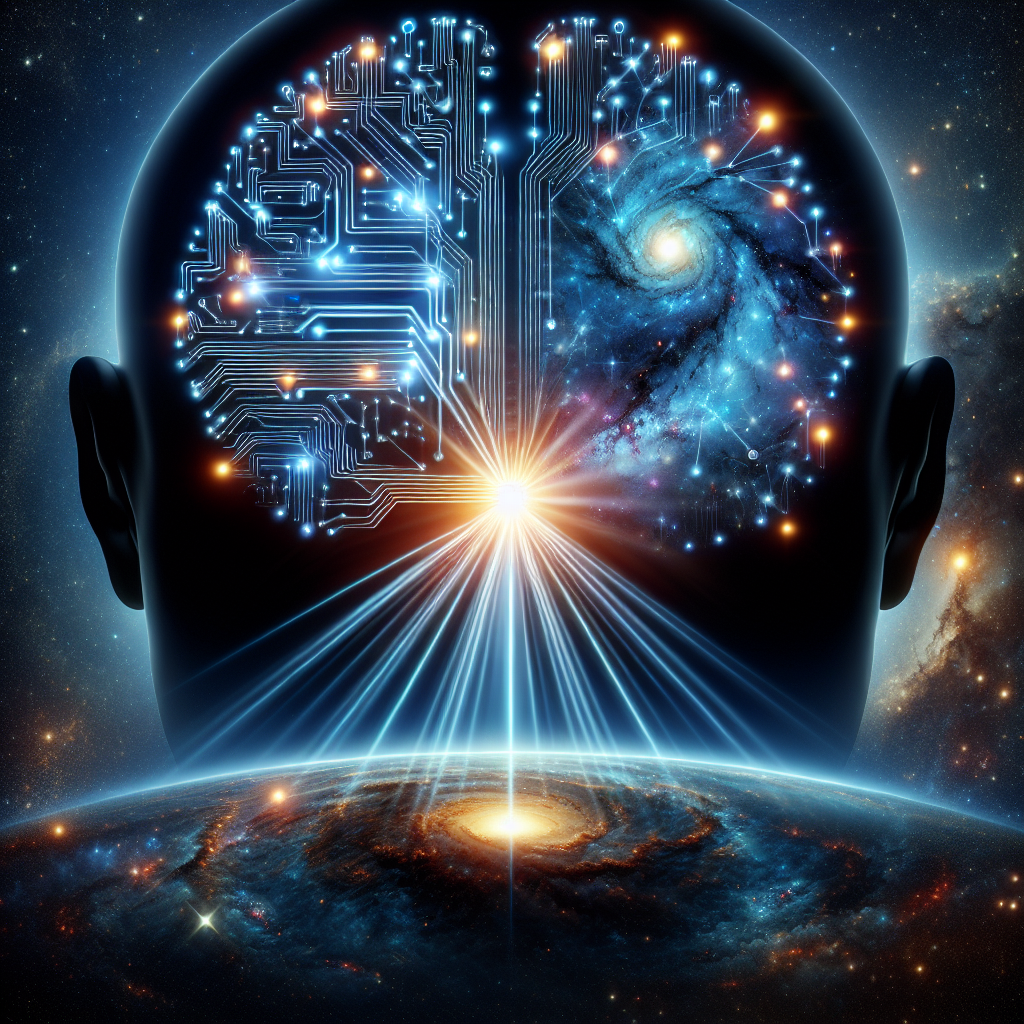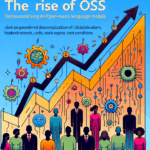For centuries, the image of a scientist has been synonymous with long hours in labs, meticulous observations, and flashes of brilliant intuition. Great minds like Newton, Einstein, and Marie Curie meticulously crafted theories and discovered fundamental laws that shaped our understanding of the universe. This era, driven by human intellect and painstaking effort, has brought us incredible progress.
But what if the next great scientific breakthrough didn’t come solely from a human mind? What if an artificial intelligence, a machine trained on vast swathes of data, could sift through complexity and discern the very fabric of reality? This isn’t science fiction anymore. Recent advancements indicate that AI is stepping into the realm of pure scientific discovery, unearthing laws previously unknown to humanity.
The Dawn of AI-Powered Discovery
Imagine an AI not just processing information, but actively forming hypotheses and identifying governing principles. This revolutionary step marks a new chapter in scientific exploration. Researchers have successfully trained an AI to discover new scientific laws, a feat that shifts AI’s role from a powerful tool to a genuine co-creator of knowledge.
How does such an AI operate? Traditional scientific discovery often relies on a human scientist observing a phenomenon, forming a hypothesis, designing experiments, and then analyzing data to confirm or refute their ideas. This process, while effective, can be incredibly time-consuming and prone to human cognitive biases.
Beyond Human Intuition
This is where AI truly shines. Equipped with advanced machine learning algorithms, the AI can analyze datasets of unprecedented scale and complexity. It’s not simply looking for correlations; it’s identifying the underlying mathematical or logical relationships that govern the observed phenomena. It can see patterns that are too subtle or too intricate for the human mind to grasp directly.
- Speed and Scale: AI can process vast amounts of data in a fraction of the time it would take human researchers. This accelerates the pace of discovery exponentially.
- Unbiased Analysis: Unlike humans, AI doesn’t come with preconceived notions or theoretical biases. It simply seeks the most accurate representation of the data.
- Automated Hypothesis Generation: The AI can generate and test countless hypotheses, iterating rapidly until a consistent law is found. This eliminates much of the trial-and-error often associated with scientific research.
The laws it discovers aren’t just curve-fits or statistical approximations. They are fundamental rules that describe how systems behave, offering new insights into the mechanisms of nature.
Implications for Science and Beyond
The ability of AI to discover new laws holds profound implications across numerous scientific disciplines. This is not just an academic curiosity; it’s a potential game-changer for real-world applications.
Accelerated Research
Consider the field of drug discovery. Identifying new drug candidates often involves screening millions of compounds. An AI could potentially discover new biological laws governing molecular interactions, dramatically speeding up the identification of effective treatments.
In materials science, new laws could lead to the development of novel materials with extraordinary properties. Imagine materials with unprecedented strength, conductivity, or self-healing capabilities, all guided by AI-discovered principles.
Even in fundamental sciences like physics and chemistry, AI could uncover new axioms that reshape our understanding of the universe. This could lead to breakthroughs in energy, quantum computing, or even space exploration. The potential is truly limitless.
The Future of Scientific Collaboration
This isn’t about AI replacing human scientists. Instead, it heralds a new era of powerful human-AI collaboration. Think of AI as an unparalleled research assistant, capable of processing information and identifying patterns far beyond human capacity.
Scientists will still be crucial for:
- Framing the Questions: Humans define the problems and the datasets for AI to analyze.
- Interpreting Results: Humans are essential for making sense of the AI’s discoveries and integrating them into existing scientific frameworks.
- Experimental Validation: Any AI-discovered law must still be rigorously tested and validated through physical experiments by human scientists.
- Ethical Oversight: Guiding the responsible use and development of such powerful AI tools.
This partnership could lead to a ‘centaur’ model of scientific research, combining the intuition and creativity of humans with the computational power and pattern recognition of AI.
Addressing the Challenges
While the prospects are exciting, this new frontier also presents significant challenges. One of the primary concerns is interpretability. How does the AI arrive at these profound discoveries? Understanding its internal reasoning is often difficult, posing a hurdle to full trust and further human refinement of the discovered laws.
Furthermore, ethical considerations surrounding the power of such AI cannot be overlooked. The potential for misuse, or the discovery of laws that have unforeseen negative consequences, necessitates careful oversight and robust ethical frameworks. We must also ensure that the data used to train these AIs is unbiased to prevent flawed or discriminatory “laws” from being generated.
Conclusion
The notion of AI discovering new scientific laws marks a watershed moment in the history of science. It signals a paradigm shift where artificial intelligence moves beyond mere automation to become an active participant in expanding the boundaries of human knowledge. This breakthrough underscores the accelerating pace of AI development and its transformative potential across every facet of our lives.
As we stand on the cusp of this new scientific revolution, it’s clear that the future of discovery will be a collaborative effort between human ingenuity and artificial intelligence. The questions now are: What new fundamental laws await discovery? And how will this newfound partnership reshape our world?
What are your thoughts on AI’s role in scientific discovery? Share your insights and join the conversation about this exciting future!



